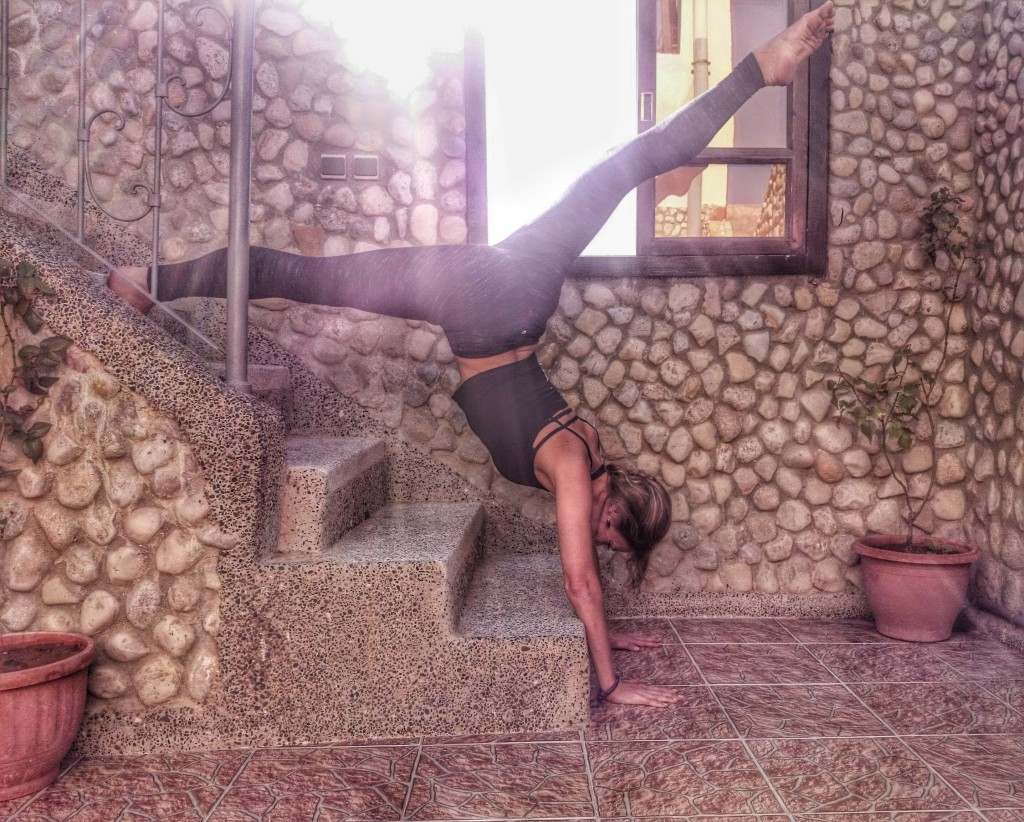 I realised recently that many of my yoga students are people who “don’t like yoga”. Or at least, they didn’t think they liked yoga, until they were coerced into giving it another chance. These anti-yogis are now some of my most regular students. You might relate to them if…
I realised recently that many of my yoga students are people who “don’t like yoga”. Or at least, they didn’t think they liked yoga, until they were coerced into giving it another chance. These anti-yogis are now some of my most regular students. You might relate to them if…
- You think yoga is for hippies. Is being told to soften your pelvic floor so that fire energy can rise from your root chakra, infusing your spiritual being with celestial light not really your thing? No, me neither. I’m a big fan of yoga minus the bullshit, and it is possible to find it. Trust me, when you take away the pseudo-scientific narrative that accompanies far too many yoga classes, on a physical and mental level, yoga has a huge amount to offer.
- You reckon yoga is just relaxation. This is a tricky one because some yoga classes are. I once covered a class for someone whose style was evidently more passive than even my most gentle practice. I was asked afterwards whether I could make it easier. I politely explained that to me vinyasa yoga is a dynamic, physical practice, and one which has maximum benefits when it requires some mental and physical effort (notice, I said effort, not struggle – there is a difference). I’ll always, always offer modifications for students with injuries or limitations, and I make it clear that it’s good to rest whenever the practice becomes too much. But actually, I teach yoga to help people become stronger, more flexible and more self-aware. Relaxation is an important part of that, but it’s not the whole story.
- You don’t think your kind of people go to yoga. Considering points one and two above, you may well fear that a yoga class will be full of hippies, or people coming for extended nap time. However, as more and more people give yoga a try, and find a style that works for them, the yoga demographic broadens. I teach yoga to men, women, athletes, cyclists, those with disabilities, climbers, students, office workers, artists and builders. Oh, and a few genuinely lovely hippies. I don’t exclude.
If you’re a yoga-hater, I’d encourage you to give it another chance. And if you can get to Nottingham, come to my class… I like a challenge. For those further afield, I’ll also be compiling a list of good quality, bullshit-free yoga videos online in the new year (I may even add a few of my own), so watch this space.

 I’ve had quite a few people lately ask me about how I meditate, and although I’ve written before about the
I’ve had quite a few people lately ask me about how I meditate, and although I’ve written before about the
 Is it possible to be a sceptical yoga teacher?
Is it possible to be a sceptical yoga teacher?

